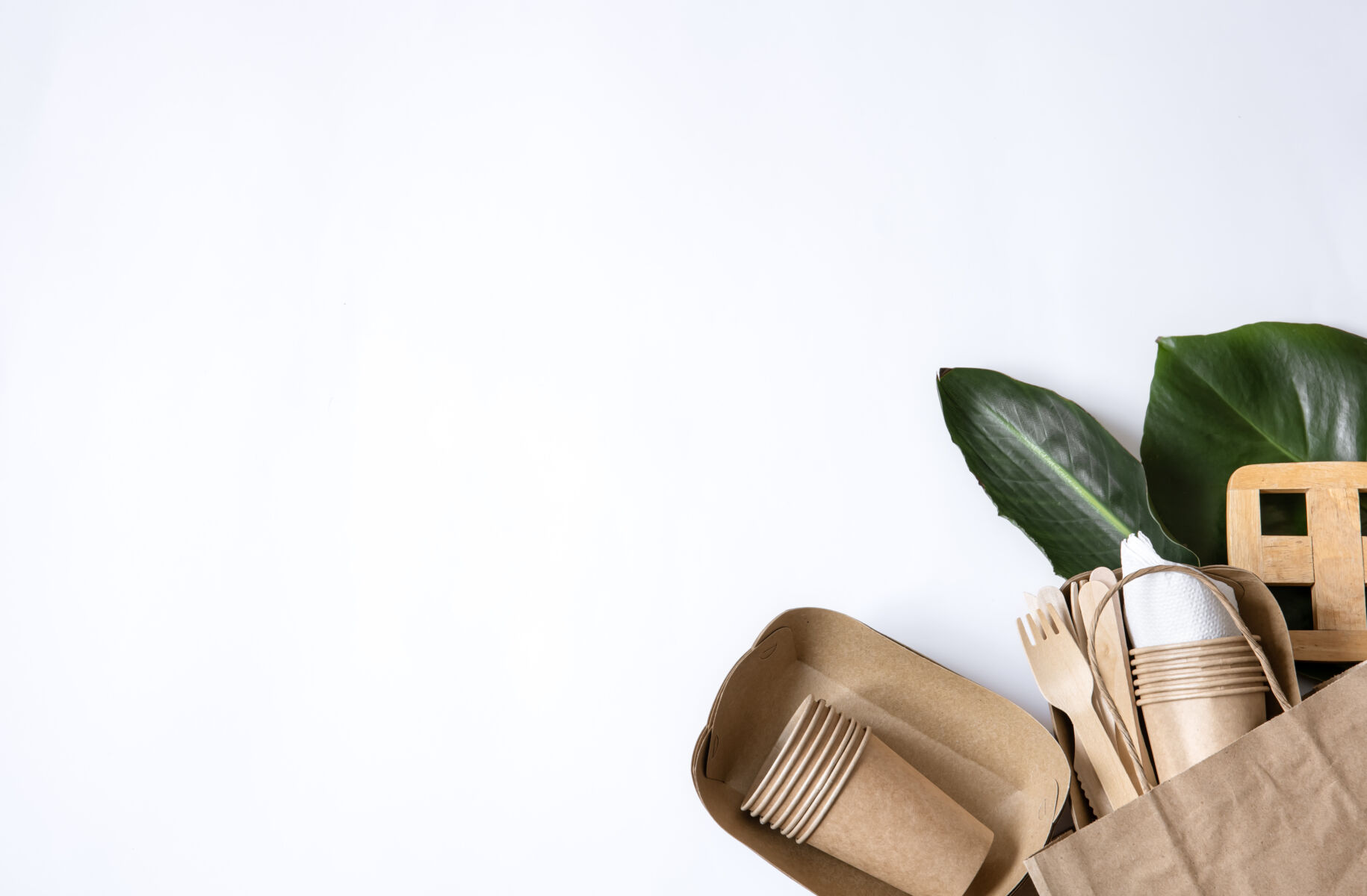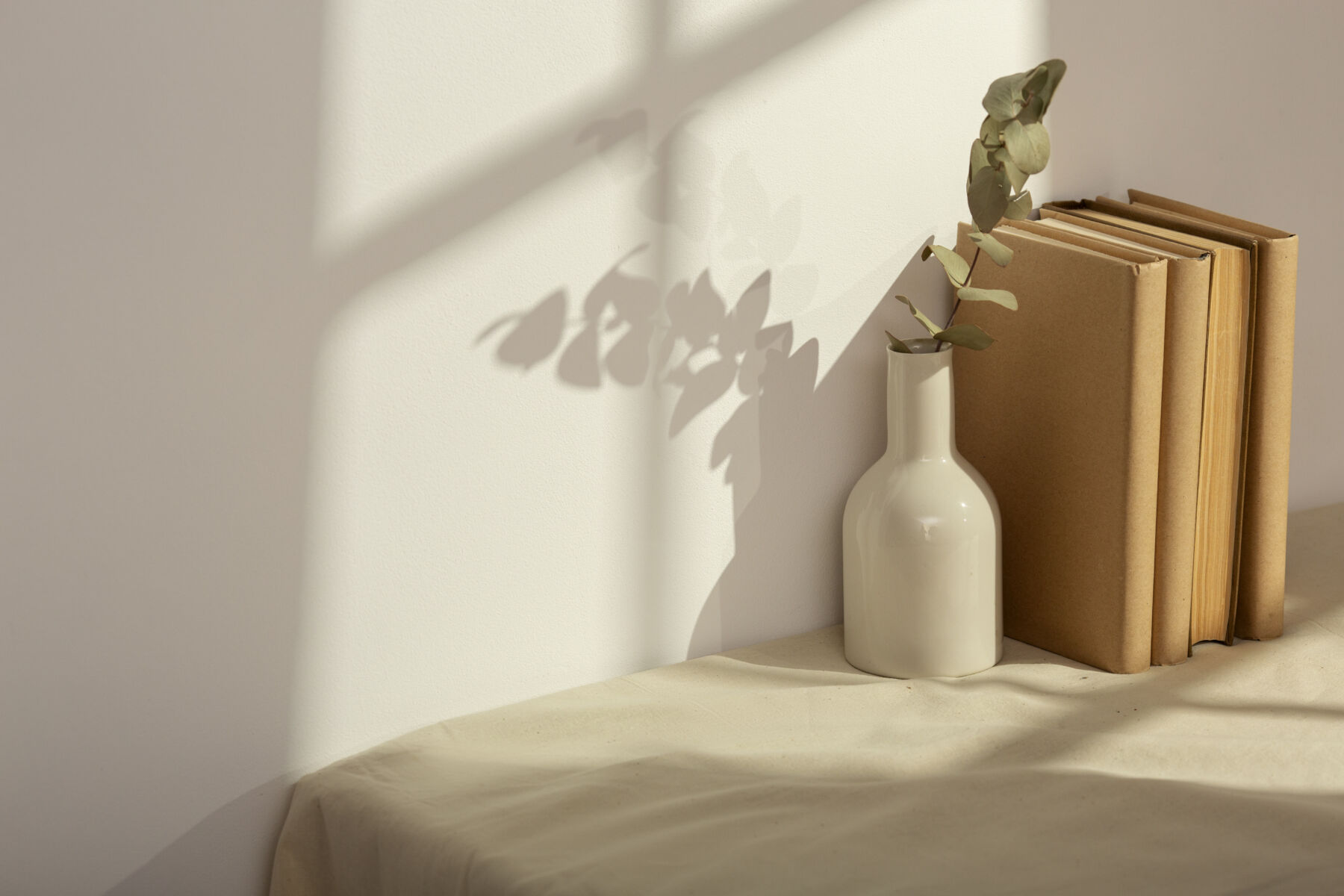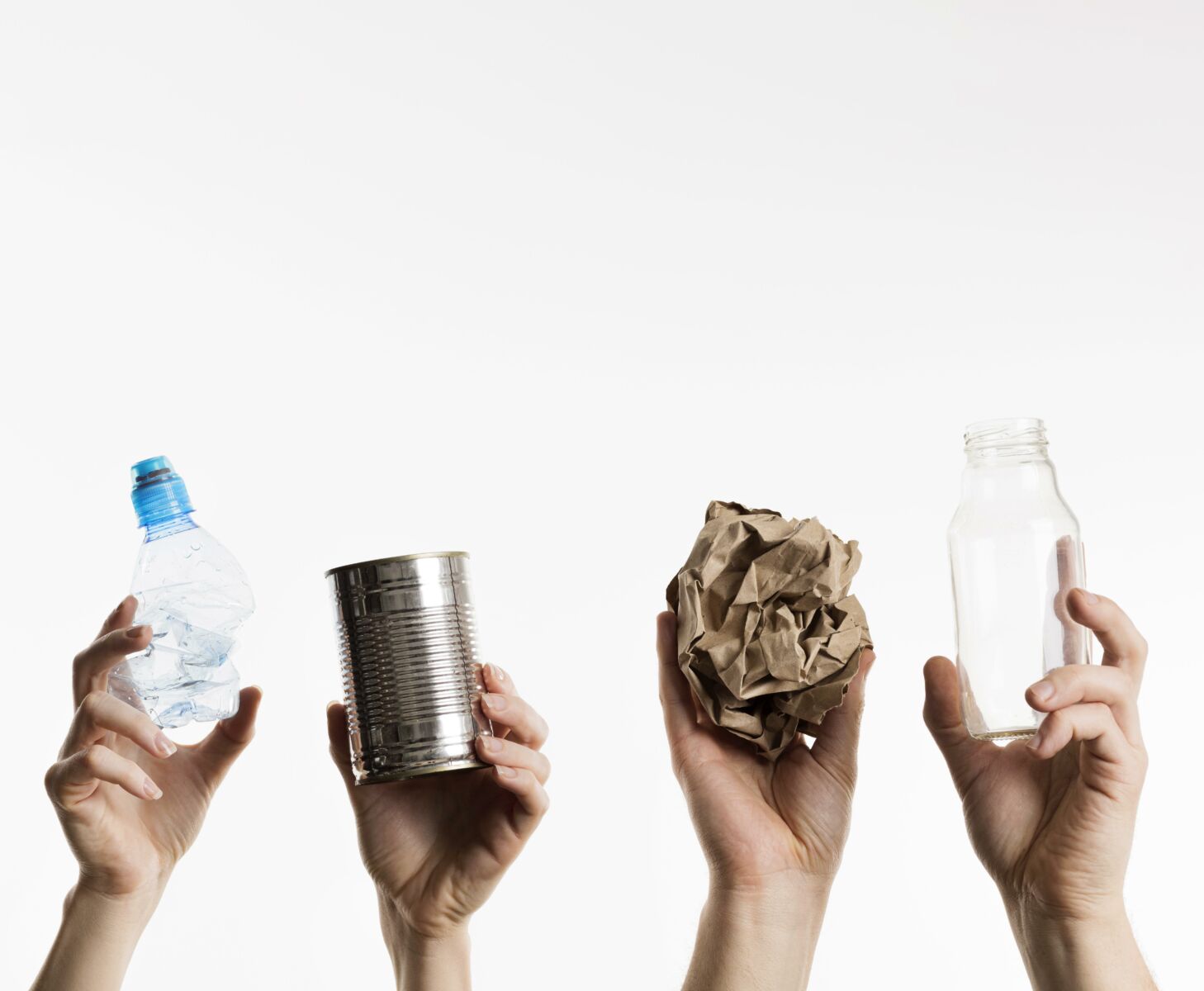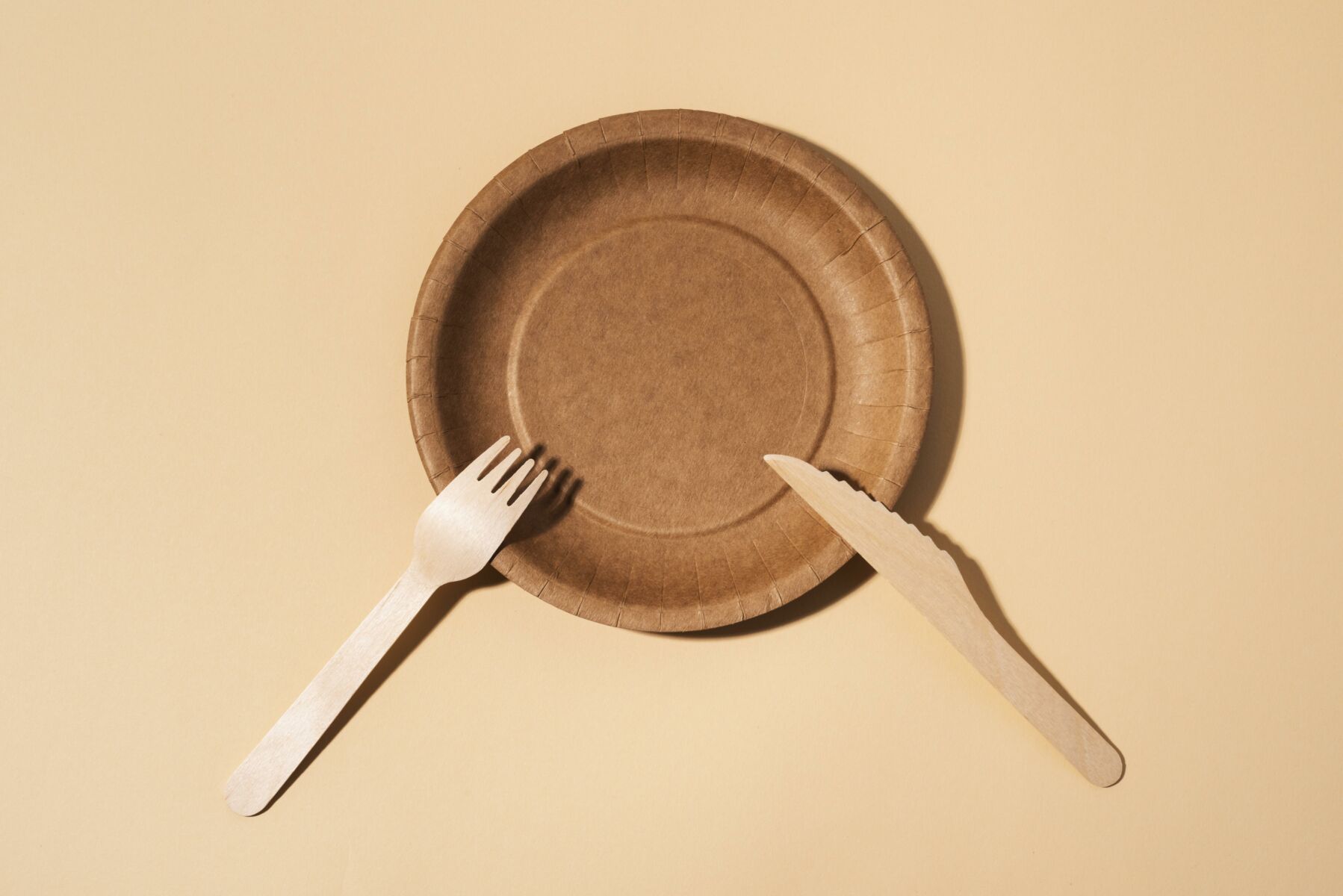Zero waste living in Thailand: Easy tips for sustainable life

Embarking on a zero waste life involves more than just aiming for a trash-free existence. It’s about adopting a mindset that prioritizes sustainability and minimalism, focusing on reducing consumption and preventing waste from being created in the first instance. In countries like Thailand, where sustainability can be woven into the fabric of daily life, embarking on this journey can be both enriching and practical.
At its core, zero waste living encourages you to rethink your consumption patterns. It’s not just about choosing recyclable options, but questioning the necessity of purchases and opting for reusable and sustainable alternatives. In Thailand, this could mean supporting local markets where fresh, package-free produce is the norm, or utilising traditional Thai fabric wraps instead of disposable packaging.
Understanding the difference between zero waste and minimalism is key. While both advocate for reducing excess, zero waste focuses specifically on waste prevention. This doesn’t necessarily mean living with the least amount of possessions possible, but rather ensuring that the items you do have serve a purpose and don’t contribute to the waste stream. In the context of Thailand, this might manifest as choosing products that are locally made and designed to last, thereby supporting both the economy and the environment.

The effectiveness of zero waste living is evident in the long-term benefits for both the planet and individual well-being. By adopting practices such as composting, recycling, and mindful consumption, you’re not only reducing your environmental footprint but also encouraging a more thoughtful and deliberate lifestyle. Thailand’s rich cultural heritage offers numerous insights into sustainable living, from traditional methods of waste reduction to community-based sustainability efforts.
Ultimately, sustainable living in Thailand or anywhere else in the world is about making conscious choices that align with your values and the well-being of the planet. Whether it’s through supporting local artisans, choosing eco-friendly transport options, or simply saying no to single-use plastics, every small decision contributes to a larger impact.
Am I living a zero waste lifestyle?
Embarking on a zero waste journey significantly contributes to both personal and planetary health. When assessing your lifestyle, consider how closely it aligns with zero waste principles and whether it incorporates elements of sustainable living. In Thailand, for instance, embracing reusable bags, bottles, and containers isn’t just a personal choice—it’s a step towards national sustainability.

The effectiveness of zero waste living lies in the mindfulness of consumption. Ask yourself if you’re making concerted efforts to purchase products with minimal packaging or prioritizing recycling and composting in your daily routine. Thailand’s vibrant markets offer ample opportunity to buy fresh produce without unnecessary packaging, supporting local economies and reducing waste simultaneously.
Zero waste versus minimalism often surfaces in discussions around sustainable lifestyles. While both advocate for reducing excess, zero waste focuses specifically on waste prevention. In Thailand, simple acts like refusing single-use plastics and opting for traditional reusable materials reflect this mindset. These actions not only align with zero waste principles but also contribute to preserving the country’s rich cultural heritage.
Adopting a zero waste lifestyle in Thailand or elsewhere involves more than just personal habit changes. It’s about being part of a community that values sustainable living. Engaging with local zero waste groups or online communities can significantly enhance your journey. In Thailand, such groups might share tips on where to find zero waste essentials or arrange meet-ups to exchange ideas and support.
Living a zero waste lifestyle involves a series of conscious decisions aimed at waste reduction. Whether in Thailand or any other part of the world, every small action towards sustainability counts. Reflect on your daily habits, from the products you buy to how you dispose of waste, to gauge the effectiveness of your zero waste lifestyle.
Living a zero waste life
Adopting a zero waste lifestyle is a significant step towards sustainable living. It’s not only about reducing waste but also about rethinking our consumption patterns and making more environmentally friendly choices. This guide offers practical tips and examples, with a focus on how you can apply these concepts in Thailand, a country with a rich heritage of sustainable practices.

Reuse & recycle
In Thailand, Community-driven recycling programmes offer a great model for effective waste management. You can emulate this by recycling paper, plastics, metals, and glass. However, the key to zero waste living is not just recycling but reusing. Think about repurposing items before disposing of them. Old jars can become storage containers, and worn-out clothes can be transformed into rags or even creative DIY projects. Bangkok’s vibrant weekend markets are perfect places to find second-hand items that can be repurposed or reused, blending the principles together.
Zero waste in the kitchen
The kitchen is often the hub of waste in many households. Start by swapping single-use plastics for sustainable alternatives. In Thailand, bamboo and wooden utensils are readily available and provide a fantastic zero waste option. Market stalls frequently allow you to fill your own containers with goods, eliminating packaging waste. Furthermore, participating in Thailand’s rich street food culture with your own reusable containers and cutlery reduces waste and immerses you in local customs, showcasing the effectiveness of zero waste living.
Bring reusable bags to the store
Thailand made a significant move in 2020 by banning free single-use plastic bags at major stores. This initiative highlights the importance of bringing your own reusable bags. Whether you’re shopping at a bustling market in Chiang Mai or a supermarket in Bangkok, having a cloth or tote bag on hand is essential for a zero waste lifestyle. This small act contributes significantly to waste reduction and promotes sustainable living.
Buy in bulk
One of the most straightforward strategies to reduce waste is to buy in bulk. Many Thai markets offer bulk purchasing options for a variety of items, from rice and beans to spices. By bringing your own containers, you not only reduce packaging waste but also support local businesses. This approach not only contributes to a sustainable living lifestyle but also allows for a deeper connection with Thai culture and its emphasis on community and sustainability.
Zero waste in the bathroom
Transitioning to a zero waste bathroom in Thailand can be as simple as choosing bar soaps over bottled ones and opting for bamboo toothbrushes available in local markets. Consider making your own beauty products or seeking out local, plastic-free options. Thailand’s natural and organic beauty market has seen significant growth, offering plenty of opportunities to make sustainable swaps.
Shop secondhand
Thailand’s secondhand market is thriving, from Bangkok’s famous Chatuchak Weekend Market to online platforms. Shopping secondhand not only reduces waste but also helps you discover unique items and supports the local economy. It’s a practical example of how the principles of zero waste vs minimalism can intersect, encouraging you to purchase thoughtfully and sustainably.
Adopting a zero waste lifestyle in Thailand or anywhere else isn’t just about waste reduction — it’s a commitment to a more sustainable and mindful way of living. By implementing these tips, you’ll not only contribute to a healthier planet but also enjoy a more enriched and conscious lifestyle.
Why is zero waste important?

Embracing a zero waste lifestyle isn’t just about reducing your rubbish; it’s about making a conscious decision to support a sustainable future. By choosing to reuse, recycle, and shop secondhand, you’re not only cutting down on waste but also contributing to the local economy in Thailand. Remember, every small change you make has a ripple effect, encouraging a broader shift towards environmental stewardship. It’s about taking those practical tips, from bringing your own bags to buying in bulk, and integrating them into your daily life. You’ve got the power to make a difference. Let’s commit to a greener, cleaner world, one step at a time.
If you are seeking a minimalistic life in Thailand, there are ways to do it to live minimally the Thai way that will allow you to ascend your lifestyle.
Parts of this article, including images, may have been generated using AI tools before an editor reviewed it.
Latest Thailand News
Follow The Thaiger on Google News:


























